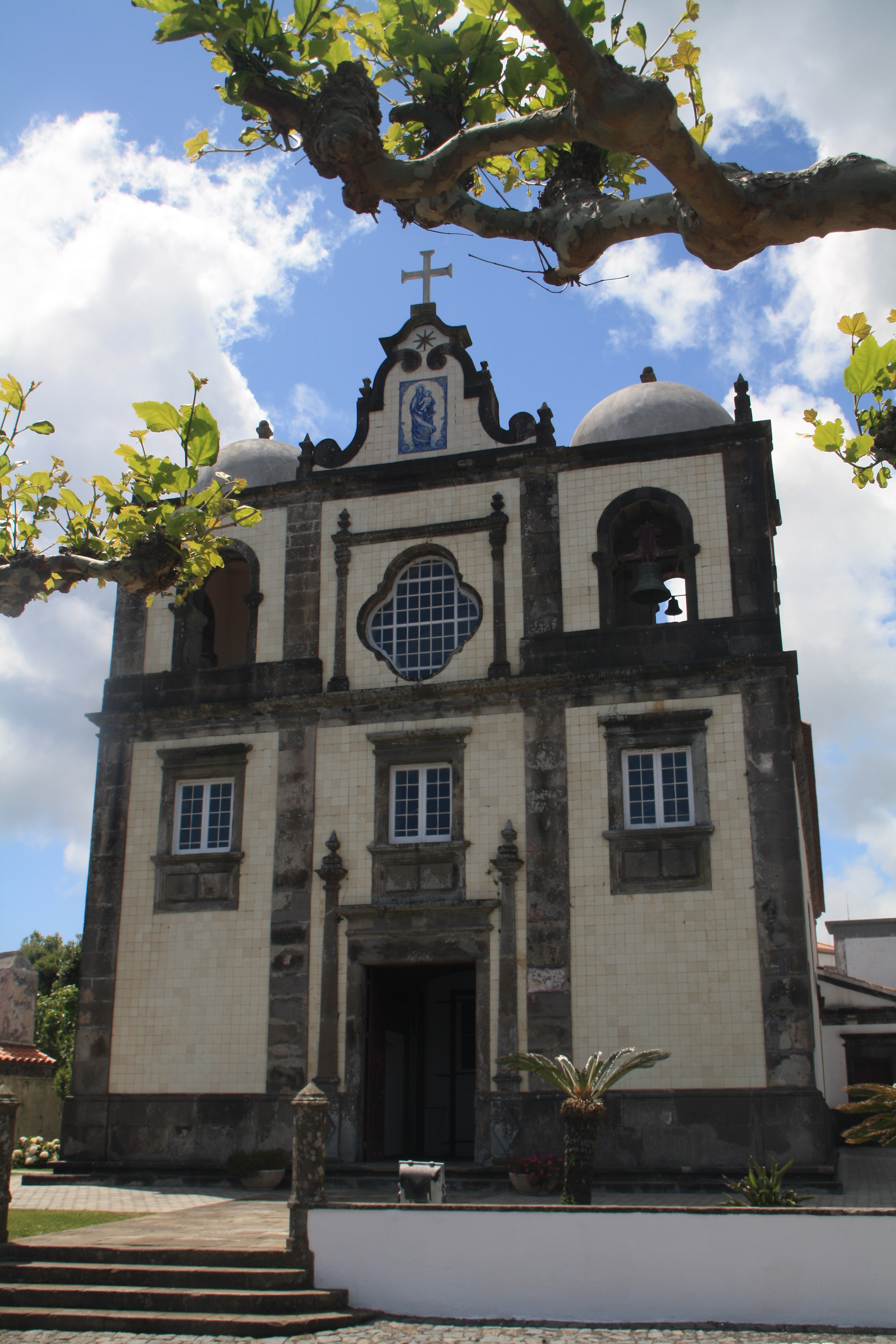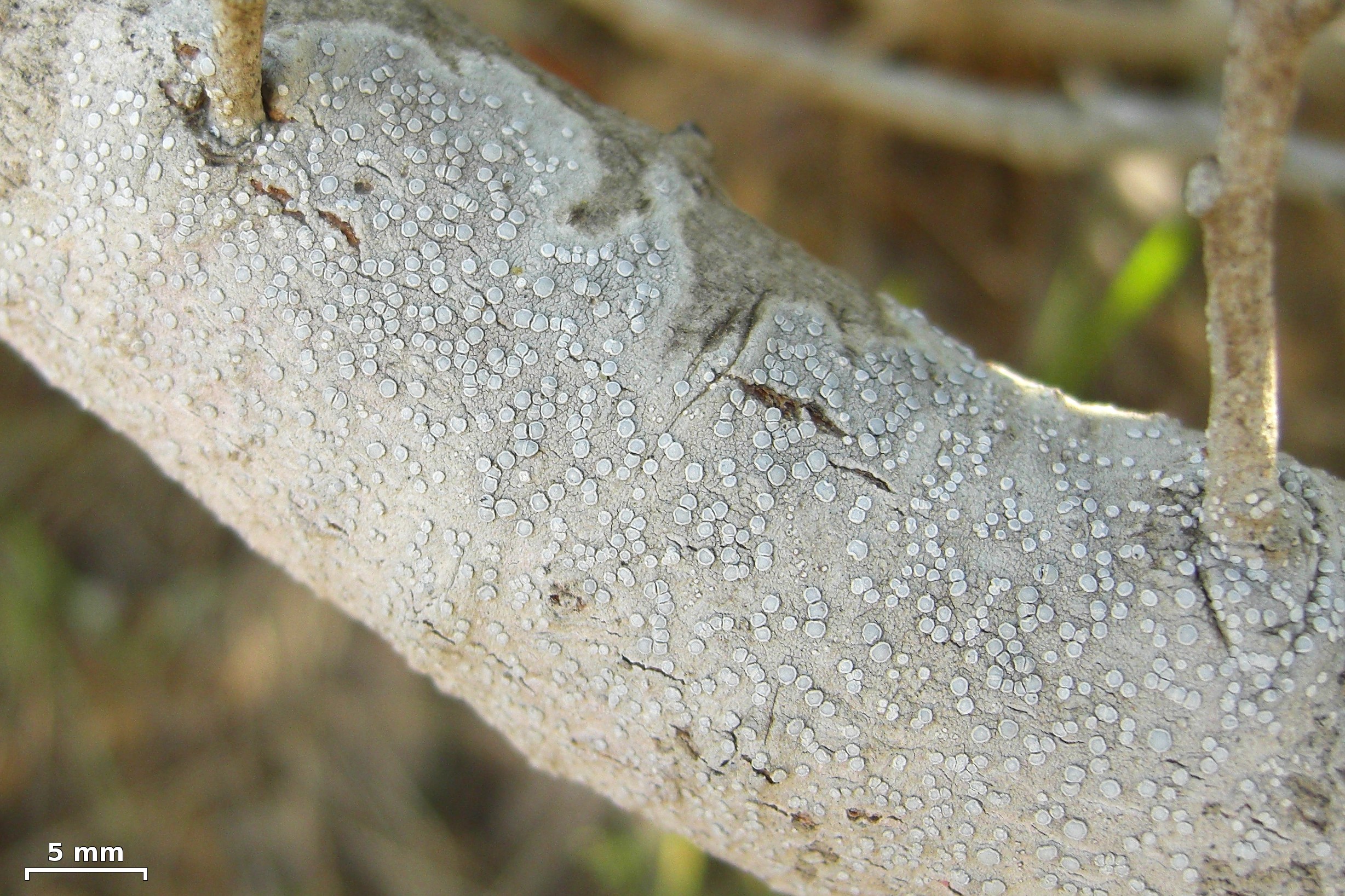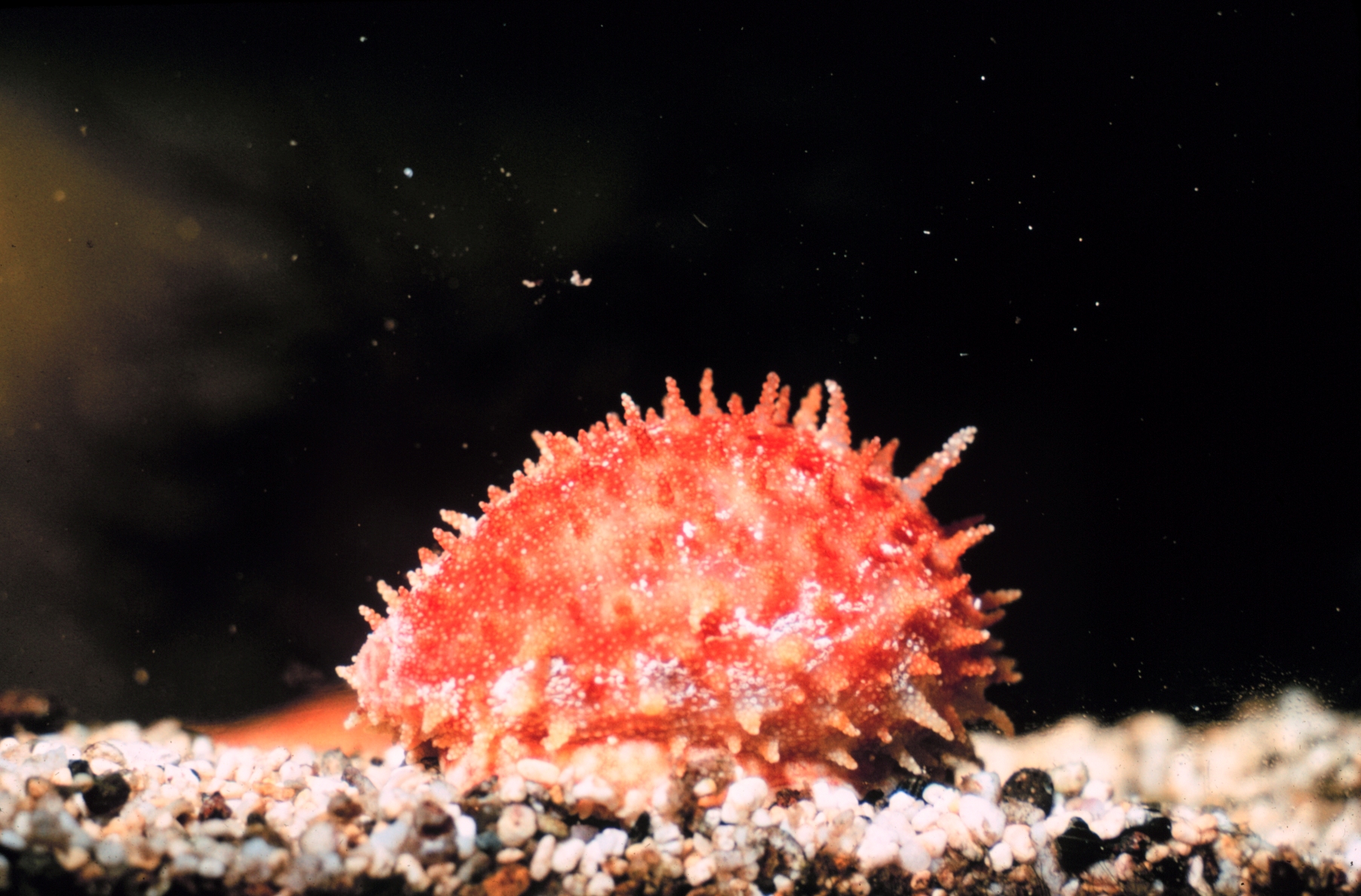|
Fajã Grande
Fajã Grande is a rural civil parish in the municipality of Lajes das Flores in the Portuguese archipelago of the Azores. The population in 2021 was 220, in an area of 12.97 km2. Although it is a relatively small population, it is one of the largest centers in the municipality of Lajes das Flores, about from the municipal seat, and the westernmost settlement in Europe;SRAM (March 2012) the closest North American settlement is St. John's, Newfoundland and Labrador, being about away. The North Atlantic archipelago of Bermuda, a British Overseas Territory formerly part of British North America, is to the west and has close ties with the Azores though population migration. Toponymy Meaning "big fajã", a special term roughly referring to a coastal scree influenced by lava, as the town resides down from a notable cliff-face. History The western coast of Flores was slowly occupied in the middle of the 16th century, with the first population centers forming in the beginning o ... [...More Info...] [...Related Items...] OR: [Wikipedia] [Google] [Baidu] |
Flores Island (Azores)
Flores Island (; ) is an island of the Western Group () of the Azores. It has an area of 143 km2, a population of 3428 inhabitants, and, together with Corvo Island of the western archipelago, lies within the North American Plate. The nearby Monchique Islet is the westernmost point of Portugal. It has been referred to as the ('Yellow/Auburn Island') and due to the association with poet Raul Brandão. It is well known for its abundance of flowers, hence its Portuguese name of . History Some early accounts existed of the "(seven) islands of the Azores and two islands of Flores" (referring to the islands of Flores and Corvo), but no "official discovery" occurred until the mid-15th century. The island of Flores was discovered in the late summer of 1452 by the navigator Diogo de Teive and his son João de Teive, and first noted by the pilot Pêro Velasco to Christopher Columbus during his voyages. For his reward, Teive received the concession of the sugar monopoly on M ... [...More Info...] [...Related Items...] OR: [Wikipedia] [Google] [Baidu] |
Lajedo (Lajes Das Flores)
Lajedo is a civil parish in the municipality of Lajes das Flores on the Portuguese island of Flores, in the archipelago of the Azores. The population in 2021 was 75, in an area of approximately . History Nossa Senhora dos Milagres de Lajedo, was one of the first settlements on the island, camouflaged and protected from North Atlantic pirates by the ridges and rocky outcrops where the settlements began. In fact, its name (''Lajedo'') means ''pavement covered in slabs; place where there are many slabs; large slabs and smooth'', indicating the type of geology discovered by first explorers. Its 637 hectares of fertile soils, were explained by Isatis Tinctoria as ideal conditions to shelter and support those who wanted to live in the zo ...[...More Info...] [...Related Items...] OR: [Wikipedia] [Google] [Baidu] |
Fajãzinha
Fajãzinha is a civil parish in the municipality of Lajes das Flores located from the main town of Lajes das Flores, on the western coast of Portuguese island of Flores. The population in 2021 was 71, in an area of . It contains the localities Fajãzinha and Ladeiras. History The western coast was explored during the middle of the 16th century, with the first stable settlements appearing in the beginning of the following century. These first colonists were captained by João Soares, native of São Miguel, who settled in the area of Lajedo. Fajãzinha was de-annexed from Lajes das Flores in July 1676, by provision of the bishop of Angra, friar D. Lourenço de Castro. The parish of Nossa Senhora dos Remédios das Fajãs was established, with a jurisdiction that included the western coast from Ponta da Fajã until Mosteiro. It is the fourth oldest religious parish on the island. One of the first stories from Fajãzinha was in 1789, by a judge, José Gonçalves da Silva, who re ... [...More Info...] [...Related Items...] OR: [Wikipedia] [Google] [Baidu] |
António Cordeiro
António Cordeiro (c.1641; Angra – 2 February 1722; Lisbon) was a Portuguese Catholic priest in the Society of Jesus, Azorean historian, author of the classical chronicle ''Historia Insulana'', and first to publish a public opinion on the form of governance for the archipelago of the Azores. Biography António was the sixth and final child of António Cordeiro Moitoso and his Graciosense wife Maria Espinosa. His primary studies, and classes in the humanities, occurred in the city of Angra, and he showed an exceptional intellect. Although he was their youngest child, his parents decided to send him to study at the University of Coimbra, where one of his brothers already studied. In 1656, with less than 15 years of age, he departed for Lisbon on board a warship in a flotilla commanded by General António Teles de Menezes. On reaching the Portuguese coast, the armada was forced into combat against a Spanish squadron, where he and his brother, Pedro Cordeiro de EspinosaPedr ... [...More Info...] [...Related Items...] OR: [Wikipedia] [Google] [Baidu] |
Lajes Das Flores (parish)
Lajes das Flores is an Azores, Azorean Freguesia (Portugal), civil parish, and municipal seat of the concelho, municipality of Lajes das Flores. The population in 2021 was 562, in an area of 18.79 km2. History The island and Corvo was discovered in 1452 (by Diogo de Teive and João de Teive, his son), donated on 20 January 1453 to D. Afonso of Bragança, its captaincy was eventually ceded by João Teive to Fernão Teles de Mensese on 20 January 1475. On 1 March 1504, the captaincy was donated to João da Fonesca by D. Manuel I. The village was founded in a sheltered bay, facilitating the easy disembarkation of goods and provisions, protected from westerly winds. The first documented settlement, by the Flemish people, Fleming Willem van der ...[...More Info...] [...Related Items...] OR: [Wikipedia] [Google] [Baidu] |
Roccellaceae
The Roccellaceae are a family (biology), family of mostly lichen-forming fungi in the order Arthoniales, established by the French botanist François Fulgis Chevallier in 1826. Species in the family exhibit various lichen growth forms, growth forms, including crustose lichen, crustose and fruticose lichen, fruticose (shrub-like) thallus, thalli, and diverse reproductive structures. Roccellaceae species typically have disc-like () or slit-like () fruiting bodies, often with distinct blackened () margins. Molecular phylogenetics studies have revealed considerable genetic diversity and complex evolutionary histories within the family. Convergent evolution in the Roccellaceae has led to multiple independent developments of similar traits, particularly in lichen growth forms, growth forms. Molecular studies have divided the family into two main phylogenetic groups, each characterised by distinct internal structures. These findings have prompted major taxonomy (biology), taxonomic re ... [...More Info...] [...Related Items...] OR: [Wikipedia] [Google] [Baidu] |
José António Camões
Father José António Camões (December 1777 – 18 January 1827) was a Portuguese Catholic priest, poet and historian. He wrote several works of satire, including his heroic satire ''O Testamento de D. Burro, Pai dos Asnos'' (''The Testament of D. Burro, Father of the Asses''). Early life Thought to be the son of friar Manuel de São Domingos, a Franciscan friar in the Convent of São Boaventura (Santa Cruz das Flores, and a Corvino woman, and raised in the public system, he was baptized in the parochial church of Fajãzinha, on 13 December 1777, at about two or three years of age, and given only the name José, without a family surname. He was raised for a while on the island of Corvo, by his maternal grandparents, but accompanied friar São Domingos, as a student, to the Convent of São Boaventura after the friar visited Corvo. After a difficult period in the convent, he abandoned his studies to work for a farmer (a family relative) in Fajãnzinha. Expulsed from his first job, ... [...More Info...] [...Related Items...] OR: [Wikipedia] [Google] [Baidu] |
India
India, officially the Republic of India, is a country in South Asia. It is the List of countries and dependencies by area, seventh-largest country by area; the List of countries by population (United Nations), most populous country since 2023; and, since its independence in 1947, the world's most populous democracy. Bounded by the Indian Ocean on the south, the Arabian Sea on the southwest, and the Bay of Bengal on the southeast, it shares land borders with Pakistan to the west; China, Nepal, and Bhutan to the north; and Bangladesh and Myanmar to the east. In the Indian Ocean, India is near Sri Lanka and the Maldives; its Andaman and Nicobar Islands share a maritime border with Thailand, Myanmar, and Indonesia. Modern humans arrived on the Indian subcontinent from Africa no later than 55,000 years ago., "Y-Chromosome and Mt-DNA data support the colonization of South Asia by modern humans originating in Africa. ... Coalescence dates for most non-European populations averag ... [...More Info...] [...Related Items...] OR: [Wikipedia] [Google] [Baidu] |
Portuguese India
The State of India, also known as the Portuguese State of India or Portuguese India, was a state of the Portuguese Empire founded seven years after the discovery of the sea route to the Indian subcontinent by Vasco da Gama, a subject of the Kingdom of Portugal. The capital of Portuguese India served as the governing centre of a string of military forts and maritime ports scattered along the coasts of the Indian Ocean. The first viceroy Francisco de Almeida established his base of operations at Fort Manuel in the Malabar region, after the Kingdom of Cochin negotiated to become a protectorate of Portugal in 1505. With the Portuguese conquest of Goa from the Bijapur Sultanate in 1510, Goa became the major anchorage for the Armadas arriving in India. The capital of the viceroyalty was transferred from Cochin to Goa in 1530. From 1535, Mumbai (Bombay) was a harbour of Portuguese India, known as '' Bom Bahia'', until it was handed over, through the Marriage Treaty, dowry o ... [...More Info...] [...Related Items...] OR: [Wikipedia] [Google] [Baidu] |
Carracks
A carrack (; ; ) is a three- or four- masted ocean-going sailing ship that was developed in the 14th to 15th centuries in Europe, most notably in Portugal and Spain. Evolving from the single-masted cog, the carrack was first used for European trade from the Mediterranean to the Baltic and quickly found use with the newly found wealth of the trade between Europe and Africa and then the trans-Atlantic trade with the Americas. In their most advanced forms, they were used by the Portuguese and Spaniards for trade between Europe, Africa and Asia starting in the late 15th century, before being gradually superseded in the late 16th and early 17th centuries by the galleon. In its most developed form, the carrack was a carvel-built ocean-going ship: large enough to be stable in heavy seas, and capacious enough to carry a large cargo and the provisions needed for very long voyages. The later carracks were square-rigged on the foremast and mainmast and lateen- rigged on the mizzenmas ... [...More Info...] [...Related Items...] OR: [Wikipedia] [Google] [Baidu] |
Cowry
Cowrie or cowry () is the common name for a group of small to large sea snails in the family Cypraeidae. Cowrie shells have held cultural, economic, and ornamental significance in various cultures. The cowrie was the shell most widely used worldwide as shell money. It is most abundant in the Indian Ocean, and was collected in the Maldive Islands, in Sri Lanka, along the Indian Malabar coast, in Borneo and on other East Indian islands, in Maluku in the Pacific, and in various parts of the African coast from Ras Hafun, in Somalia, to Mozambique. Cowrie shell money was important in the trade networks of Africa, South Asia, and East Asia. In the United States and Mexico, cowrie species inhabit the waters off Central California to Baja California (the chestnut cowrie is the only cowrie species native to the eastern Pacific Ocean off the coast of the United States; further south, off the coast of Mexico, Central America and Peru, Little Deer Cowrie habitat can be found; and ... [...More Info...] [...Related Items...] OR: [Wikipedia] [Google] [Baidu] |
Limpet
Limpets are a group of aquatic snails with a conical gastropod shell, shell shape (patelliform) and a strong, muscular foot. This general category of conical shell is known as "patelliform" (dish-shaped). Existing within the class Gastropoda, limpets are a polyphyletic group (its members descending from different immediate ancestors). All species of Patellogastropoda are limpets, with the Patellidae family in particular often referred to as "true limpets". Examples of other clades commonly referred to as limpets include the Vetigastropoda family Fissurellidae ("keyhole limpet"), which use a siphon to pump water over their gills, and the Siphonariidae ("false limpets"), which have a pneumostome for breathing air like the majority of terrestrial Gastropoda. Description The basic anatomy of a limpet consists of the usual molluscan organs and systems: * A nervous system centered around the paired Brain, cerebral, foot, pedal, and pleural sets of ganglion, ganglia. These ganglia ... [...More Info...] [...Related Items...] OR: [Wikipedia] [Google] [Baidu] |







